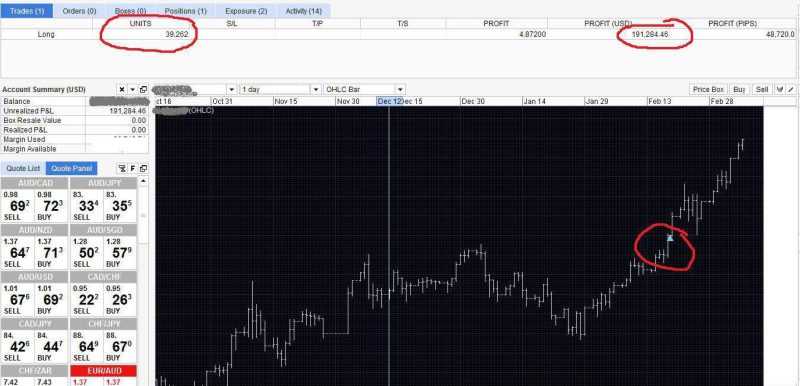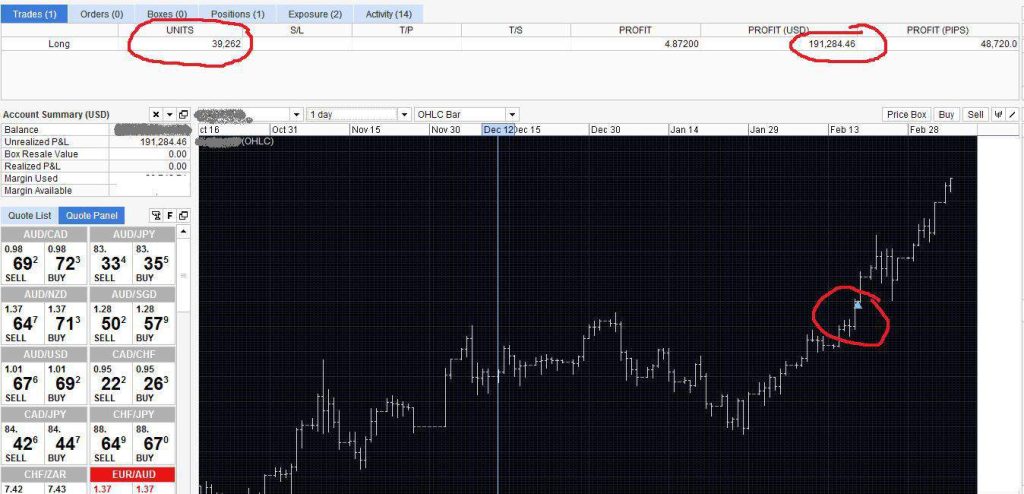A margin account with a brokerage allows you to borrow money to support your investments, while a cash account usually enables you to use the funds already in your account. It is a fundamental distinction between the two types of accounts.
Trading with margin accounts can increase your returns and risk more significant losses than your initial commitment.
While signing up for a new brokerage account, you may be asked if you'd like to open a margin account in addition to your cash account.
Here's a more in-depth look at each type of trading and investment account and how they compare.
Also Read: How Does Managed Forex Account Works?
Contents
- What Is a Margin Account?
- How Does Margin Account Work?
- What Is a Cash Account?
- How Does a Cash Account Work?
- Margin Accounts
- Cash Accounts
- Margin Account Vs. Cash Account Require
- Risk of Margin Accounts
- Risk of Cash Brokerage Accounts
- What Happens When Your Account Value Falls too Much?
- What Is a Margin Call?
- Bottom Line
What Is a Margin Account?
In a margin account, the broker margin loans the consumer money to buy stocks or other financial items. The cash and the securities purchased to serve as collateral for the loan in the account, which has a regular interest rate.
The consumer employs leverage by investing with borrowed funds, increasing both the customer's gains and losses.
How Does Margin Account Work?
An investor will receive a higher total return than they would have if they had only bought assets with their own money if they buy securities on margin loan and increase in value beyond the interest rate on the funds. The benefit of employing margin funds is this.
The brokerage company's decision to impose interest on the margin funds for the duration that the margin loan is unpaid raises the cost of the investor's purchase of the securities. If the securities lose value, the investor will be in the red and will also be required to pay the broker interest.
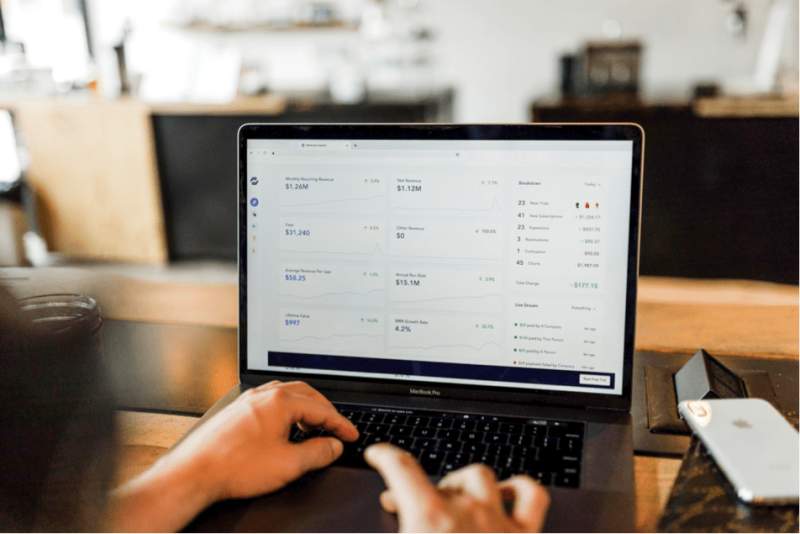
The brokerage firm will send the investor a margin call if the minimum equity of a margin account falls below the maintenance margin threshold. The investor must deposit additional funds or sell some stock within a predetermined window—typically within three days. Although, in some cases, it may be less—to make up all or part of the difference between the security's price and the maintenance margin.
Benefits of Margin Account
Traders benefit most from the intraday margin offered by their broker. Retail brokerage standards include 4- to 1-day margins in a retail brokerage and 2- to 1-day margins. The available amount is $3,000 per trading session and $2,000 per trading day. A further advantage is that one can short-sell security.
Short selling is permitted only in profit accounts, so when Short Sales are an integral part of your strategy, it should require an account. However, many brokerages require you for some cash before a sale.
Risks of a Margin Account
Margin accounts come with inherent danger. Borrowing money is always risky, especially if you have security in which you will have collateral fluctuating.
What Is a Cash Account?
Any securities transactions involving a cash account with a brokerage firm must be paid for using monies in the account at the time of the settlement. Thus, it is forbidden to short-sell or buy on margin in this type of account.
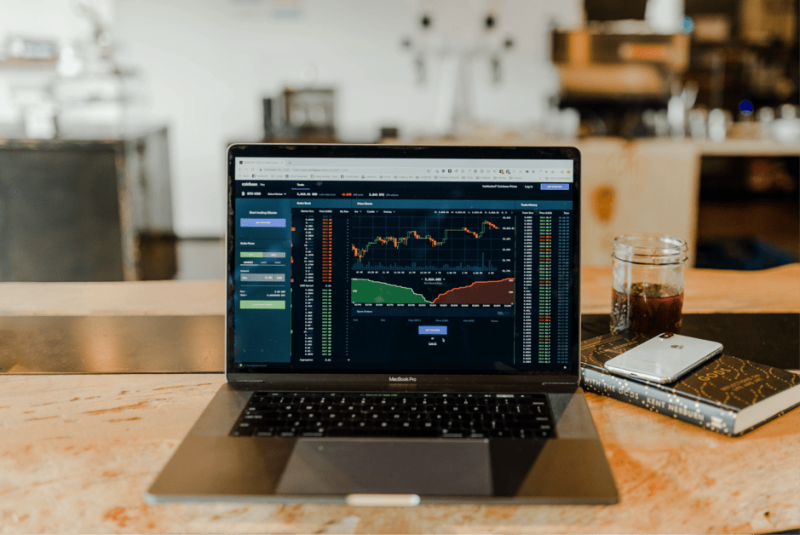
Regulation of the Federal Reserve oversees cash accounts and the initial margin buying of securities. Investors have two business days under this legislation to pay for security. It's called T+2.
A cash account is often known as a cash book, is a ledger where all deposit cash transactions are recorded in accounting. Both the cash receipts diary and the cash payment journal are kept in the cash account.
How Does a Cash Account Work?
Almost every transaction on the cash register must involve cash or current positions. This can mean the purchase of securities is done either by cash already stored in the bank account or by selling the assets already in its possession.
Cash accounts offer an easy and effective approach to investing – you own money and buy the stocks. Some people may lend the money to others who may short-sell them. This procedure is known as securities lending. Wherein many brokers pay borrowers to participate.
The Benefits of a Cash Accounts
The main benefit of cash accounts is that they cannot meet the pattern day traders require a margin of $25k. PDT is not imposed on cash accounts. If a trading firm has enough money to fund, it may make thousands of trades in one day. It explains how much money used for transactions should settle to be able to be exchanged back and forth.
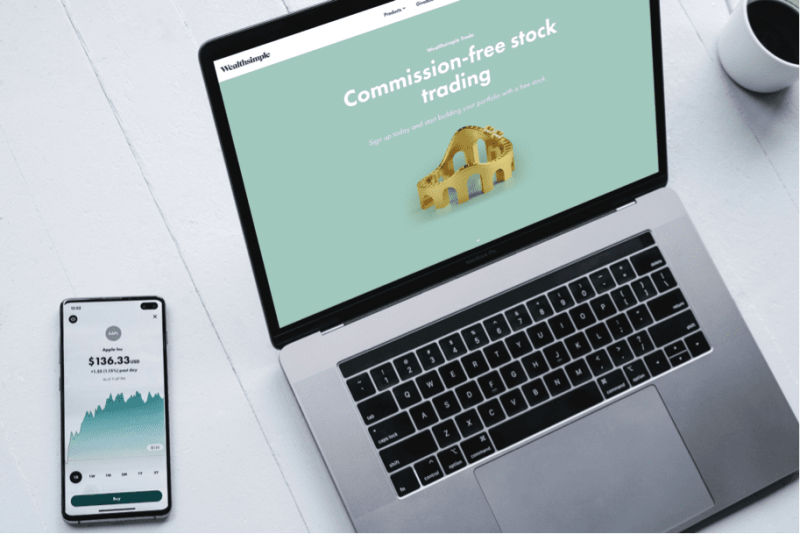
The next benefit is that cash accounts are not vulnerable to margin calls. In margin calls, the brokers will decide to terminate their loan, and you can get the money back.
Drawbacks of a Cash Account
You could lose more than you primarily invested if you choose to buy on margin, which is the highest risk. When stocks that were partially financed with borrowed money decrease by 50% or more, your portfolio will experience a loss of 100% or more, plus interest and commissions.
Investors aim for these gains when they take out loans or purchase on margin. Although the method increases returns, it also increases losses, making it very dangerous. Stocks have fallen as investors worry about inflation, rising interest rates, and a possible recession in 2023. You've probably suffered more than the average investor if you've been trading on margin.
Margin Accounts
If a margin account is like a credit card in that you can use it to purchase price with the borrowed fund and then pay the lender back later, then a cash brokerage account is like a debit card in that you can only purchase securities with the money you already have.
Undoubtedly, trading “on margin” is a sophisticated trading technique. The margin brokerage account is no longer as mysterious. It is much more accessible thanks to new, simple-to-use investment tools, but that doesn't mean novice investors should utilize them.
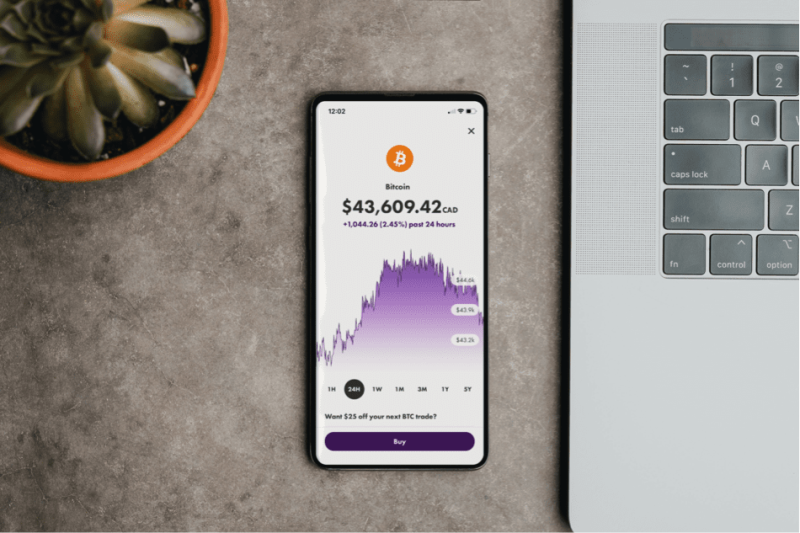
Additionally, margin accounts are generally not for you if you'd prefer to implement a hands-off, long-term investing plan.
But if you decide to take this way, keep in mind the following before starting:
- Trading on margin entails far higher risk than using cash accounts.
- More loss than your initial investment is probable.
- On any money borrowed from your brokerage, interest will be due.
- Your brokerage may sell your securities without informing you if you ever don't have enough equity in your margin account (more on below).
Given these dangers, why would anyone use a margin account? The opportunity to increase your investment returns is one of the primary justifications.
For instance, a 20% increase in the stock price would theoretically result in a profit of $1,000 if you had $5,000 in cash to put in the stock. However, even after repaying the borrowed funds, the same 20% growth would result in a profit of $2,000 (without interest) if you borrowed an additional $5,000 and made a total investment of $10,000.
Cash Accounts
When you imagine a brokerage account, you generally think of a cash account because they are the most basic type. You usually add money to a brokerage account by sending a transfer directly from your bank. However, you can also mail a check.
After the funds are deposited to your brokerage, you likely have a few options. A money market fund, which delivers modest returns but significantly reduces risk and enables you to access your funds whenever you need it, is an investment in which certain brokerages keep the cash. It is comparable to a savings account because it allows you to access the money whenever you need it while paying higher interest than a checking account.
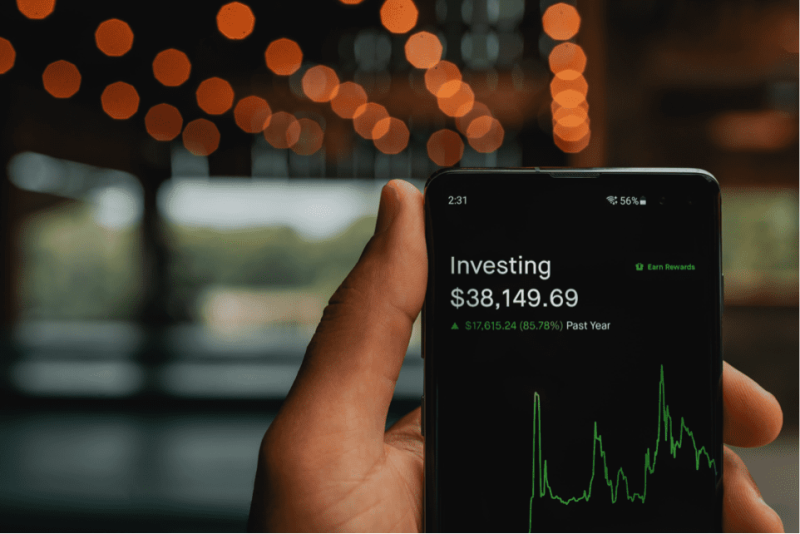
Various other cash management techniques, such as a checking account that is directly connected to your investment account, may be used by other brokerages.
However, the brokerage's ultimate objective is always to enable you to invest that money in the stock market. After funding your brokerage account, you can buy the appropriate securities for your portfolio. Although not all securities are available through cash accounts, the list is still rather extensive and includes the following:
- Stocks.
- Bonds.
- Investment funds.
- Index funds
- Money is traded on an exchange.
- Real Estate investment trusts (REITs) are traded publicly.
- Cryptocurrencies.
- Depending on the brokerage, certain options transactions.
Margin Account Vs. Cash Account Require
As you can see, the margin and cash accounts are two quite distinct ways to invest.
Margin accounts let you possibly invest more money, but you're borrowing the money to do so.
Keeping this in mind:
Margin puts you in greater danger of larger losses. It also allows you to generate more money from your gains.
Cash accounts, on the other hand, allow you only to invest the money you have on hand. You may not have to worry about margin calls all the time, but your profits will be limited to the amount you may invest. Fortunately, your losses are also restricted to the amount you can invest.
Leverage
Leverage is frequently used in finance to describe how much a person or business has borrowed. But considering the word's physics-related roots might be helpful.
You might not be able to move a boulder by yourself. But pushing the boulder is now achievable with the correct arrangement and a long, sturdy metal pole. Your strength is the same; you just applied the idea of leverage to produce a result that wasn't achievable with just your strength.
Leverage in investing allows you to acquire more shares than you could with your own funds, opening up possibilities for your investment's past performance that would otherwise be considerably more challenging, if not impossible, like pushing that boulder.
Risk of Margin Accounts
It is impossible to ignore the inherent dangers associated with margin accounts. Borrowing money is risky for anything, but it's especially risky for securities because the value of your collateral can change.
- Price fluctuations: Margin trading magnifies the daily purchase price fluctuations in stocks, increasing the erratic nature of your portfolio.
- Significant losses: You can lose more cash than you have in your margin account and wind up owing more than you initially put in. The amount you owe is subject to market fluctuations, particularly if you sold short.
- Restricted sales: If the value of the stocks in a margin account significantly falls below the needed equity, brokerage firms may be able to demand the sale of such securities.
Risk of Cash Brokerage Accounts
Cash is frequently seen as a high-risk asset for several reasons. One significant factor is presumably because cash is a crucial asset that often experiences more transactions than any other asset in the firm. Other reasons may
- Liquidity: The most liquid asset on the company's balance sheet is cash. Compared to other assets in the company, all liquid assets are more prone to fraud and mismanagement. Cash is inherently dangerous because of management incompetence and inexperience.
- Loan Agreement: To safeguard their capital, lenders impose a variety of debt covenants on cash. Eventually, they will have a better probability of getting paid by the company. The loan covenants may demand that the business maintain a specific level of cash relative to its total assets or a minimum level of working capital, among other things.
- Potential for Theft: Cash is always regarded as hazardous because it is susceptible to theft and appropriation. Cash can be manipulated if an employee sells anything without recording the sale and uses the money for personal expenses. Furthermore, if there is a lot of cash in the safe, a non-employee could loot the company; this would be recorded as a business loss rather than theft.
What Happens When Your Account Value Falls too Much?
Traders risk losing money if the market value falls. They give you the option to borrow, but the security backing the loan may not be as much as your owed amount on loan. If this happens, your broker may take margin calls.

The broker requires that you deposit to return the maximum amount required by their agreement. A margin call must take place when your shares are below 25%. Nevertheless, brokerages can also have higher maximums.
Risk of Major Losses
When you invest in margins, you are investing in borrowings. It causes stress mainly if investment performance is not as planned. Stress may negatively impact your investment results. Trading margins can be very scary to you at the moment.
Similar to investments where profits increase through margin trading, double-edge swords also mean the loss can increase. What would otherwise be an adequate loss in an investment account could become an enormous loss in an investment when the stock was traded with an additional margin.
What Is a Margin Call?
A margin call occurs when a brokerage is required for a withdrawal or liquidation of an asset. The call occurs if the amount in your account has been reduced or your balance has dropped due to withdrawals or declines in value. The investor could have additional money required to sustain their position, but this does not matter for cash accounts because it requires an upfront investment in cash.
Prepare for Margin Calls
Ensure you're not in an environment where an investor must take a margin call. Margin calls can be difficult when you need to sell assets you would not usually sell. Ideally, it's great to have money saved in the worst-case scenario. In this scenario, you would most likely utilize Margin Trading to make your money available without paying interest on the margin loan.
When Encounter a Margin Call
If a margin call cannot pay your investment, the broker may close your fund for proper fund management. The broker will close the other investments as you do. These problems could cause severe damage to your tax plan or investment strategy.
Bottom Line
Margin puts you in greater danger of suffering more losses. You can increase your income by using the gains as well. Contrarily, cash accounts only allow you to invest the cash you have on hand. A Cash account is probably your best option if you're like most ordinary investors. The more experienced traders, however, could require a margin account for cash flow reasons. Consider speaking with an experienced financial advisor if unsure which is best for you. Based on your particular scenario, they can assist you in understanding the advantages and disadvantages.




